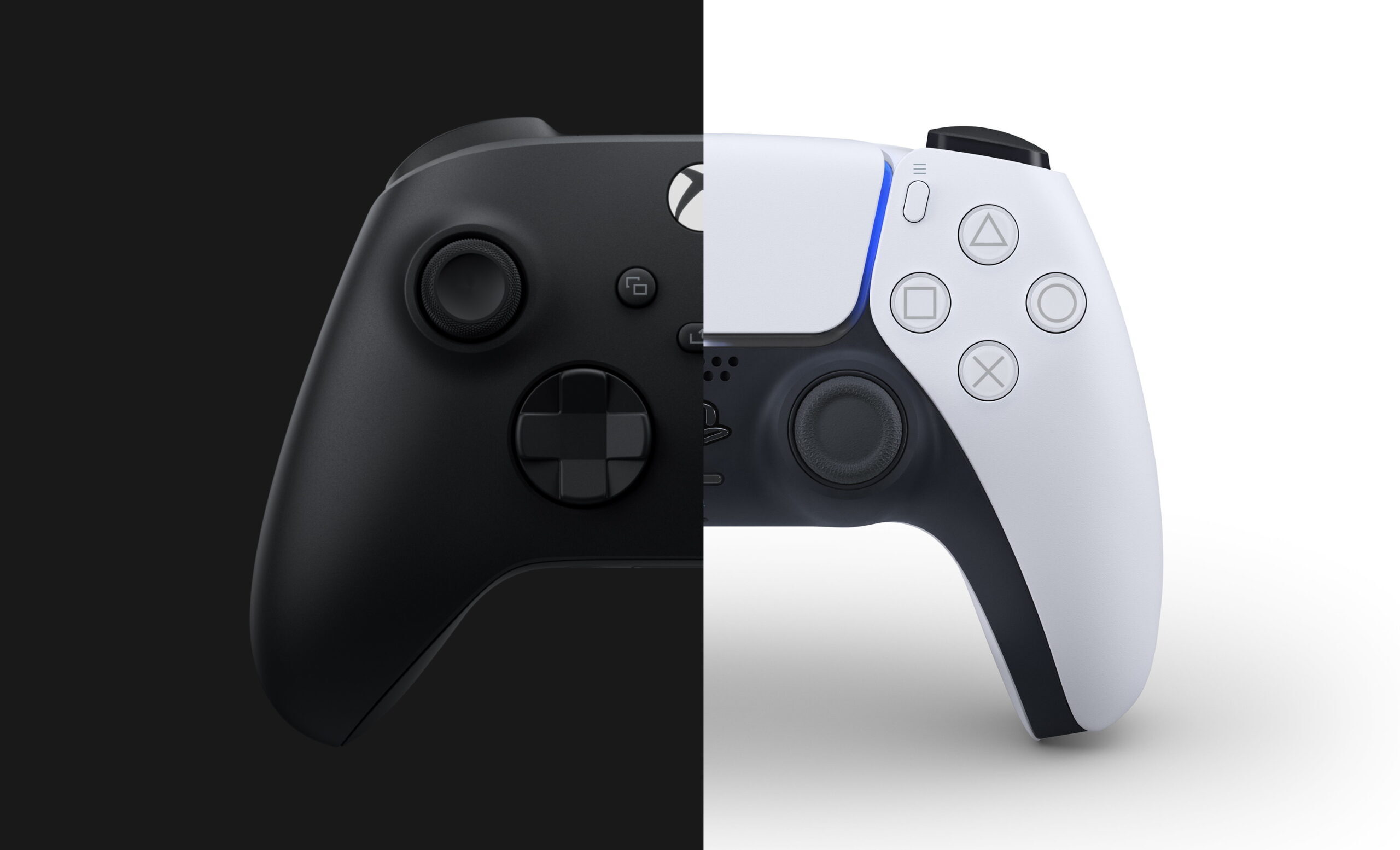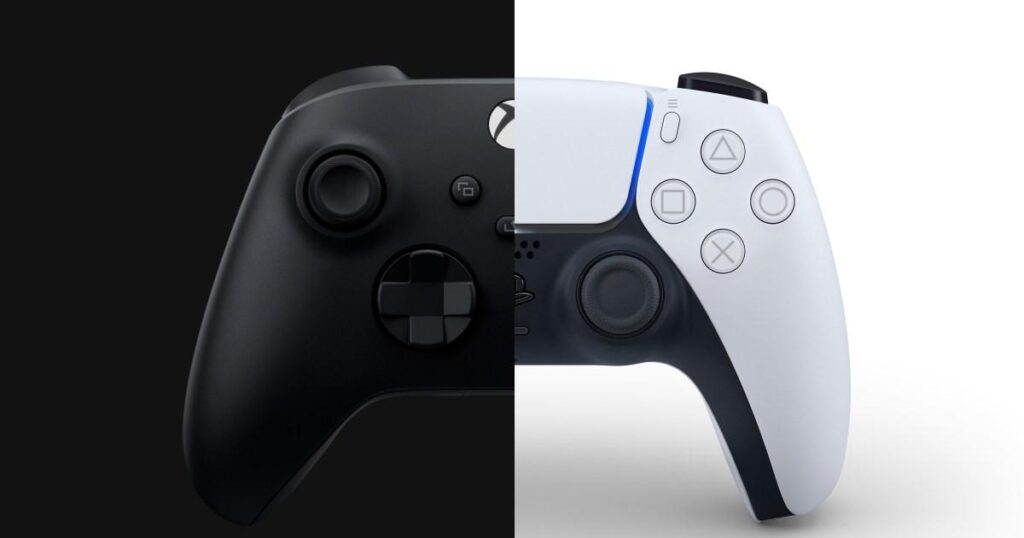
A reader outlines the dangers facing the traditional console business and the new rivals PlayStation and Xbox have to contend with.
While it might seem sensational to claim that Xbox and PlayStation are dying out in the games industry, there are indeed significant shifts occurring that challenge their traditional dominance. These shifts are driven by several factors, including changes in consumer behaviour, technological advancements, and the emergence of alternative gaming platforms. Here’s a breakdown of why Xbox and PlayStation are facing challenges in the gaming landscape:
1. Rise of Mobile Gaming One of the most significant disruptions to traditional gaming consoles is the rise of mobile gaming. With the increasing capabilities of smartphones and tablets, millions of users have access to high quality games without the need for dedicated gaming consoles. Mobile games offer convenience, accessibility, and often lower costs; attracting a broad audience that includes casual gamers who may not have previously engaged with traditional consoles.
2. PC Gaming Renaissance PC gaming has experienced a resurgence in recent years, driven by factors such as digital distribution platforms like Steam, the popularity of esports, and the flexibility and customisation options offered by gaming PCs. With powerful hardware becoming more affordable and accessible, many gamers are turning to PCs as their primary gaming platform. This trend challenges the console market by offering a more versatile and upgradeable gaming experience.
3. Subscription Services and Cloud Gaming The gaming industry is witnessing a shift towards subscription-based models and cloud gaming services. Platforms like Xbox Game Pass and PlayStation Plus offer a vast library of games for a monthly fee, providing gamers with access to a diverse range of titles without the need to purchase individual games.
Additionally, cloud gaming services like Nvidia GeForce Now allow players to stream games directly to their devices, eliminating the need for high-end hardware. These services provide new alternatives to traditional console ownership, potentially reducing the appeal of buying dedicated gaming consoles.
4. Competition from Other Devices Gaming consoles face competition not only from other gaming platforms but also from multifunctional devices such as smart TVs and streaming media players. These devices increasingly offer gaming capabilities, blurring the lines between traditional gaming consoles and other entertainment devices. Additionally, emerging technologies like virtual reality and augmented reality provide immersive gaming experiences that further diversify the gaming landscape.
5. Global Economic Factors Economic factors, such as pricing and affordability, play a significant role in shaping consumer preferences. Gaming consoles are often high-priced items, especially when considering additional costs such as games and accessories. In contrast, alternative gaming platforms may offer more cost-effective options for budget-conscious consumers, particularly in regions where purchasing power is lower.
While the Xbox and PlayStation brands remain influential players in the gaming industry, they are facing increasing competition and disruption from various quarters. To adapt to these challenges, console manufacturers must innovate, diversify their offerings, and explore new business models to remain relevant in an ever-evolving gaming landscape.
By reader Lewis
